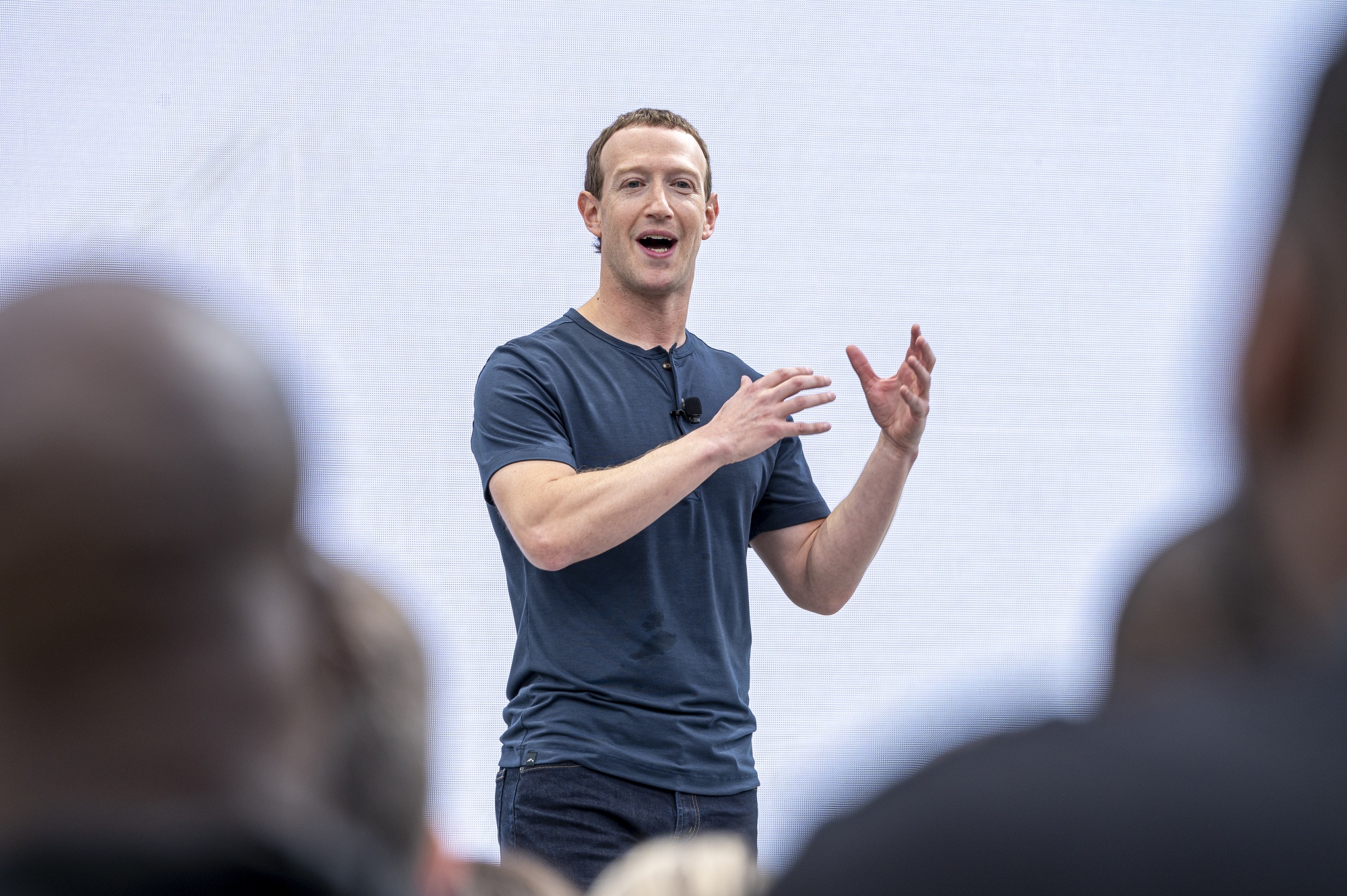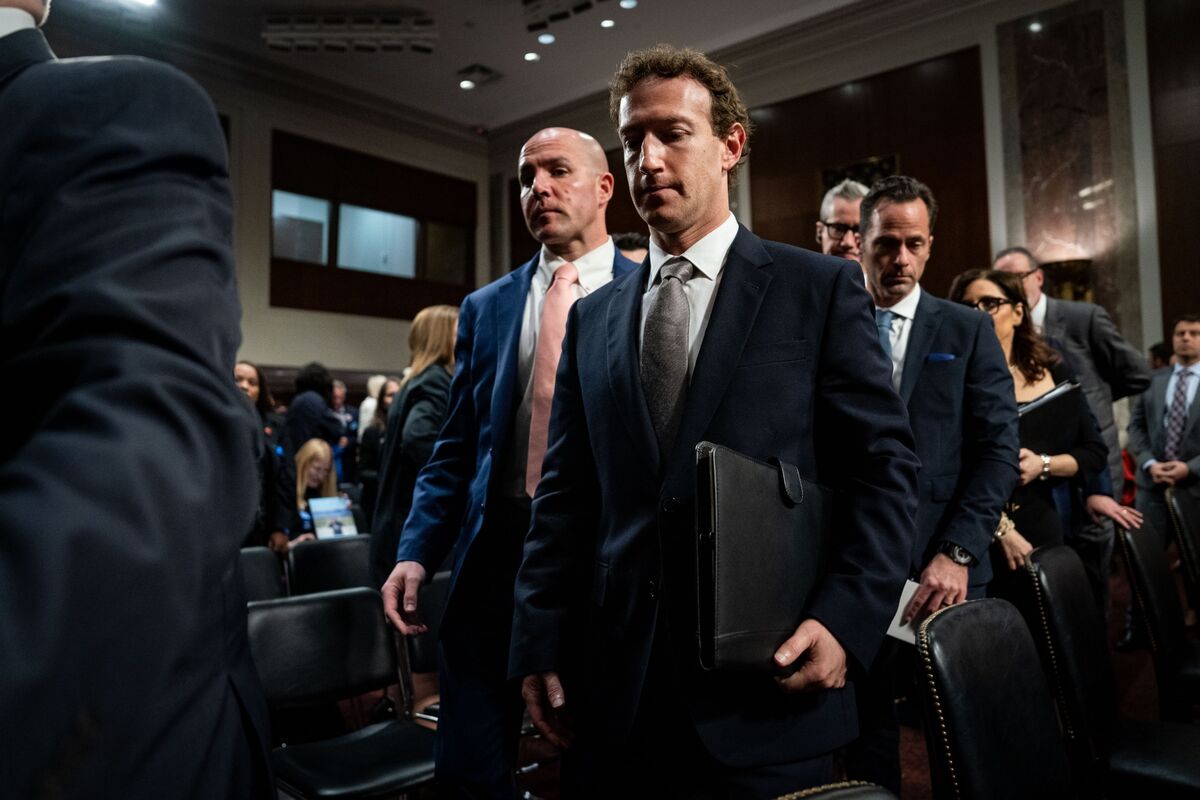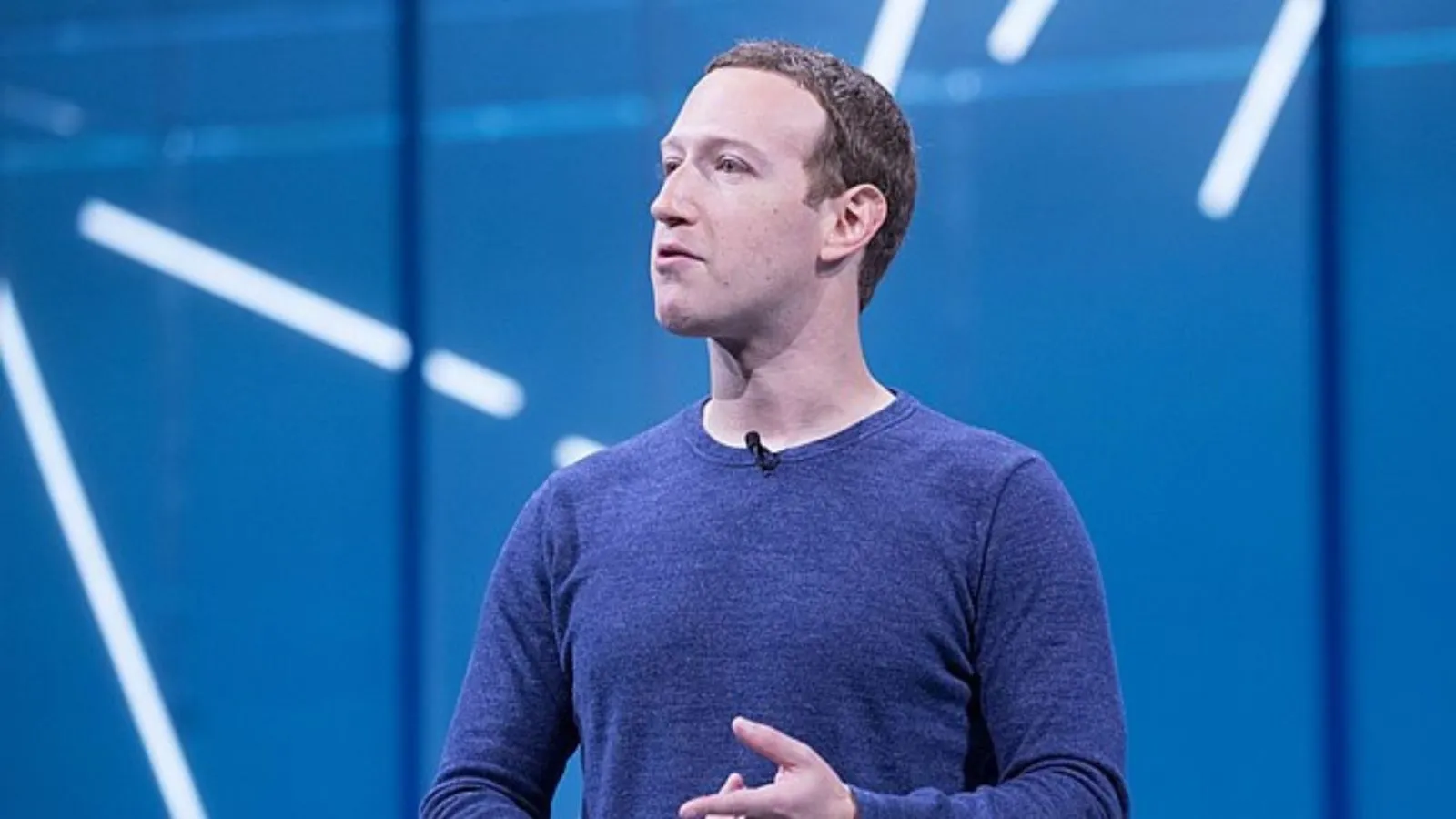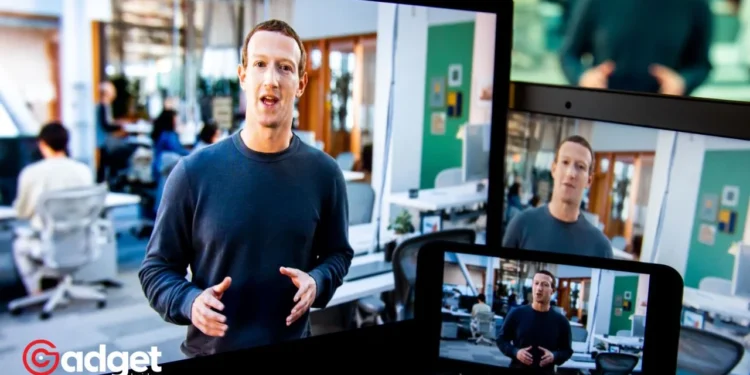In a legal battle that has caught the attention of the digital world, Mark Zuckerberg, the CEO of Meta, finds himself at the center of a contentious debate. This dispute revolves around the alleged social media addiction among children and whether Mark Zuckerberg can be held personally liable for it.
Recent developments in Oakland, California’s courts have illuminated this issue, as Zuckerberg seeks to distance himself from personal responsibility in several lawsuits.
These legal actions, initiated by a group of parents and schools from over a dozen states, accuse both Meta and Mark Zuckerberg of contributing to social media addiction among children, as reported by NBC Bay Area.
The Shield of Corporate Law
Mark Zuckerberg’s legal argument rests on a cornerstone of corporate law: the principle that executives, in their professional capacity, are generally protected from personal liability for corporate actions. This concept, often referred to as the “corporate veil,” distinguishes between the responsibilities of a business entity and its members.

Business Insider, having reviewed court records, reports that Mark Zuckerberg’s lawyers are firmly defending this principle. They argue that personal liability should not be assigned based solely on an individual’s role within a corporation.
Bloomberg further elaborates on this, noting that while there are exceptions to this rule, such as in cases of criminal acts or gross negligence, the standard practice in corporate law is to maintain this separation.
Mark Zuckerberg’s Legal Strategy and Public Response
In his legal strategy, Mark Zuckerberg has requested his dismissal from the two dozen lawsuits, emphasizing the difference between his role as an individual and his executive responsibilities as CEO. This move, if successful, would not absolve Meta from the lawsuits but would protect Mark Zuckerberg personally.

“If Mark Zuckerberg knew the depth and breadth to which children were harmed daily by accessing and being addicted to the platforms that he is in charge of and did not take meaningful and significant action to remedy those harms, then he should be held personally liable,” Titania Jordan of Bark Technologies, an online safety and parental controls company, told NBC Bay Area.
She added: “Now, if he can claim plausible deniability or if he was made aware of this and instructed his team to make it better or make it safer and they didn’t, then that is on the company.”
Mark Zuckerberg is arguing he can't be held liable for kids' Instagram addiction just because he's the boss. He may be right.#MarkZuckerberg #Instagram https://t.co/SrsAvXtnwR pic.twitter.com/gWAc6OI9mW
— Business Insider India🇮🇳 (@BiIndia) February 26, 2024
The Implications of Mark Zuckerberg’s Case
The outcome of Mark Zuckerberg’s legal battle has far-reaching implications beyond his circumstances. If he is deemed personally liable, it could set a precedent affecting future lawsuits against CEOs of other social media companies.
This scenario raises questions about the extent of executive responsibility and the role of corporate leaders in safeguarding users, especially children, from potential harms associated with their platforms.

As the legal proceedings continue, the debate over social media addiction and executive liability remains a topic of significant concern.
The decisions made in these cases could redefine the boundaries of personal and corporate accountability in the digital age, marking a pivotal moment in the intersection of technology, law, and social responsibility.










